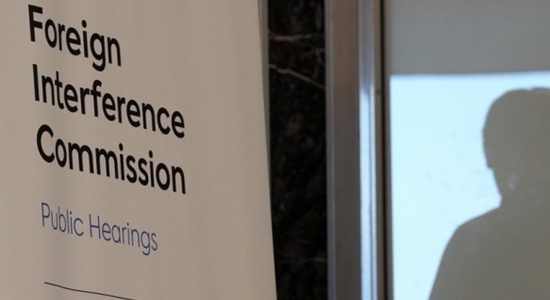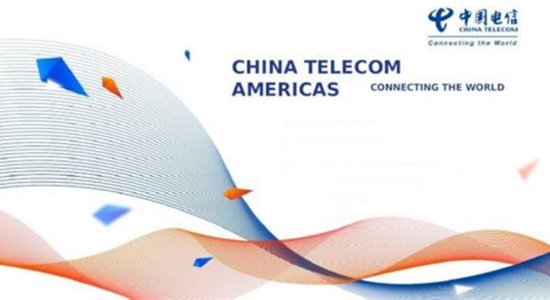
It’s hard to gauge. But in the context of the country’s Chinese-language media, “very extensive” and “pervasive” are safe generalities.
According to the Canadian Security Intelligence Service (CSIS), which “investigates and reports on threats to the country,” the Chinese Communist Party dominates all types of Chinese-language media in Canada. The Toronto Sun reports that the Party’s tactics include “economic incentives” (September 26, 2024). Harassment and bullying may be a couple of the other tactics, I’m guessing.
CSIS counted one million Canadian followers on the Chinese-language WeChat platform alone.
“The Chinese Communist Party controls narratives by limiting opportunities for dissenting voices,” the memo said, according to Blacklock’s. “China-friendly narratives inundate Chinese language media in Canada. Censorship including self-censorship is pervasive, and alternative media voices are few or marginalized in mainstream Chinese language media.
“This includes traditional media such as newspapers and new media provided by online platforms and apps such as WeChat.”
Veterans of Canadian media recently told a public inquiry in Canada that the country’s Chinese community “has long been caught in the crosshairs of political discourse, disinformation and propaganda originating from the Communist Party in Beijing….” (The Canadian Press, October 1, 2024).
The red line
Hong Kong–born Ronald Leung, host of a weekly interview show, says, “We are in an information war.”
Asked if he engages in self-censorship on the air, Leung said: “I exercise care, and I am very careful every time I talk on the radio.”
Leung said he knows not to cross “the red line,” because if he does, “I don’t think I can continue to do my job, to present a Canadian perspective on international issues. That’s how I am still working in the Chinese media.”
The Canadian Press also sites the conclusion of the CSIS and Privy Council Office’s Intelligence Assessment Secretariat that censorship, including self-censorship, “is pervasive, and alternative media voices are few or marginalized in mainstream Chinese-language media.”
Why would Leung and presumably many others be “out of a job” if they crossed “the red line”? Perhaps whichever CCP agents are dispensing the economic incentives would say a few words to managers or owners.
The Party’s influence and propaganda efforts are worldwide. Canada is only one example. Within Canada, media is only one locus of CCP influence or interference. But its efforts there are tied to other aspects of the country’s public life that the Party wants to mold.
Transnational repression
In a recent column, James Roth notes CCP links to money laundering in Canada, how Canadian officials have apparently cooperated with China’s pursuit of Chinese nationals living in Canada, and CCP efforts to interfere with Canadian elections.
ProPublica reported the CSIS finding “that Chinese consulate officials in Toronto had covertly funded a network of at least 11 political candidates in federal elections in 2019…. The Chinese operation had also targeted Canadian political figures and immigrant leaders seen as opponents of the regime in Beijing, subjecting them to surveillance, harassment and attacks in the media.”
Also see:
StopTheChinazis.org: “Canadians in Cahoots With the Chinese Communist Party”





